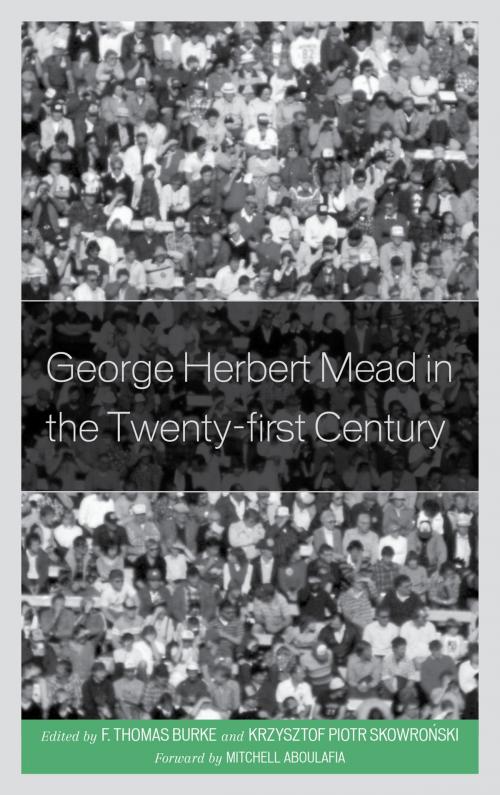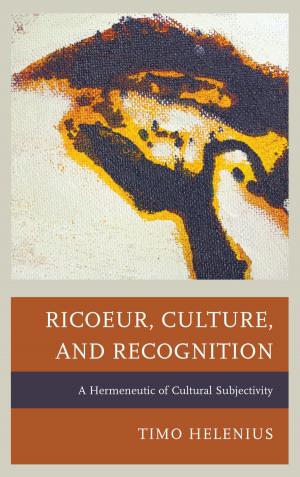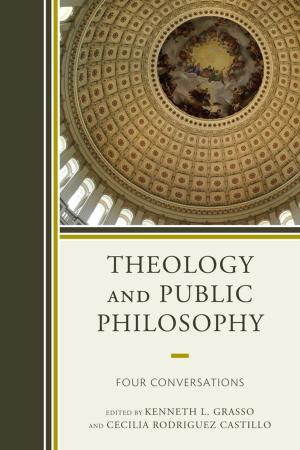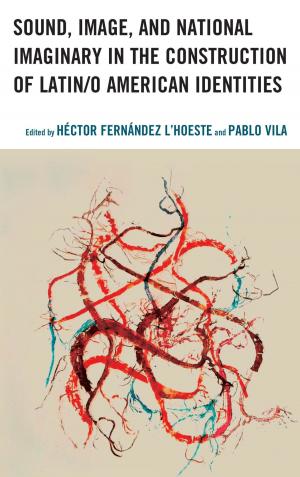George Herbert Mead in the Twenty-First Century
Nonfiction, Religion & Spirituality, Philosophy, Pragmatism, Social & Cultural Studies, Social Science, Sociology| Author: | ISBN: | 9780739175972 | |
| Publisher: | Lexington Books | Publication: | March 22, 2013 |
| Imprint: | Lexington Books | Language: | English |
| Author: | |
| ISBN: | 9780739175972 |
| Publisher: | Lexington Books |
| Publication: | March 22, 2013 |
| Imprint: | Lexington Books |
| Language: | English |
This volume is composed of extended versions of selected papers presented at an international conference held in June 2011 at Opole University—the seventh in a series of annual American and European Values conferences organized by the Institute of Philosophy, Opole University, Poland. The papers were written independently with no prior guidelines other than the obvious need to address some aspect of George Herbert Mead’s work. While rooted in careful study of Mead’s original writings and transcribed lectures and the historical context in which that work was carried out, these papers have brought that work to bear on contemporary issues in metaphysics, epistemology, cognitive science, and social and political philosophy. There is good reason to classify Mead as one of the original classical American pragmatists (along with Charles Peirce, William James, and John Dewey) and consequently as a major figure in American philosophy. Nevertheless his thought has been marginalized for the most part, at least in academic philosophy. It is our intention to help recuperate Mead’s reputation among a broader audience by providing a small corpus of significant contemporary scholarship on some key aspects of his thought.
This volume is composed of extended versions of selected papers presented at an international conference held in June 2011 at Opole University—the seventh in a series of annual American and European Values conferences organized by the Institute of Philosophy, Opole University, Poland. The papers were written independently with no prior guidelines other than the obvious need to address some aspect of George Herbert Mead’s work. While rooted in careful study of Mead’s original writings and transcribed lectures and the historical context in which that work was carried out, these papers have brought that work to bear on contemporary issues in metaphysics, epistemology, cognitive science, and social and political philosophy. There is good reason to classify Mead as one of the original classical American pragmatists (along with Charles Peirce, William James, and John Dewey) and consequently as a major figure in American philosophy. Nevertheless his thought has been marginalized for the most part, at least in academic philosophy. It is our intention to help recuperate Mead’s reputation among a broader audience by providing a small corpus of significant contemporary scholarship on some key aspects of his thought.















